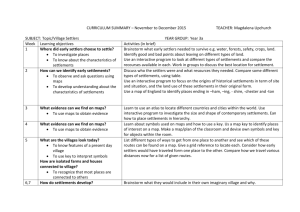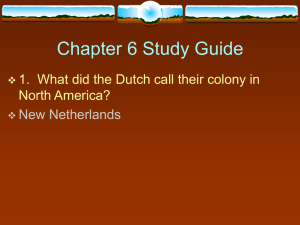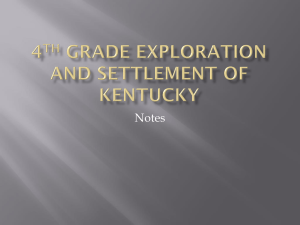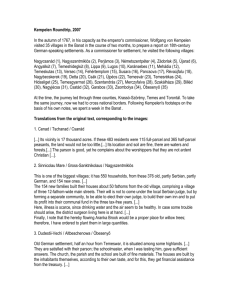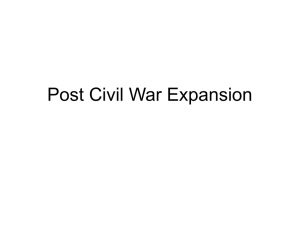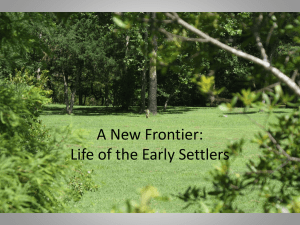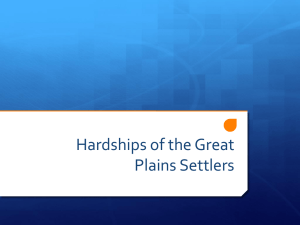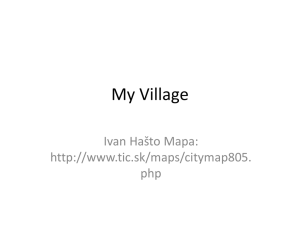Unit 9: Village settlers
advertisement
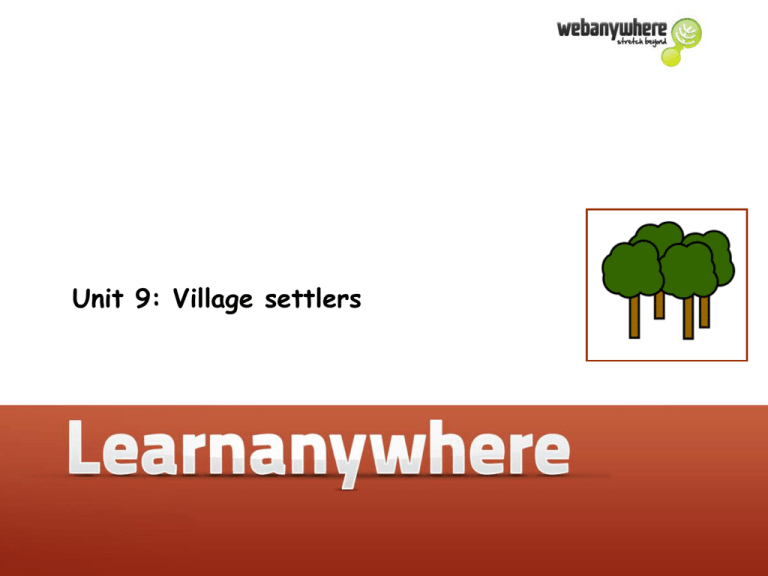
Unit 9: Village settlers Geography Unit 9: Village settlers Where did early settlers choose to settle? Near forests for firewood and hunting animals for food. Near rivers or streams so they had access to water for drinking and washing Near hills so that they could keep watch for enemies Unit 9: Village settlers Geography Unit 9: Village settlers How can we identify early settlements? Names of towns and villages sometimes have clues that show that they were early settlements. Here are some examples: Clue Meaning Example -chester Camp or fort Manchester -dale Valley Rochdale -bourne Stream Eastbourne -ley Forest clearing Keighley -ham Homestead Oldham -bury Fort/enclosure Canterbury Inver- River mouth Inverness Unit 9: Village settlers Geography Unit 9: Village settlers How can we identify early settlements? Use an atlas to try and find villages with names which suggest they were early settlements. Choose three or four to concentrate on. What are the villages like today? What features do they have? (look on the map for the symbols for churches, schools, hospitals, etc.) How are they linked with other villages and towns? Why do you think these villages were good sites for early settlers? Think about nearby resources like streams, hills, forests, etc. Unit 9: Village settlers Geography Unit 9: Village settlers Using grid references A B C D E Bungley is at 1 D1 Charby is at 2 A4 Where are Tornton and Whitwell? 3 4 Unit 9: Village settlers Geography Unit 9: Village settlers Testing your skills Try this game to test your grid reference skills. You play in pairs, and each person has a map of the area. One peron names a building or feature. Where is the… church? The second person has to find it on the map and give the grid reference. The first player checks to see that they have got it right. The church is in D 5 That’s right! Now swap places! Unit 9: Village settlers

